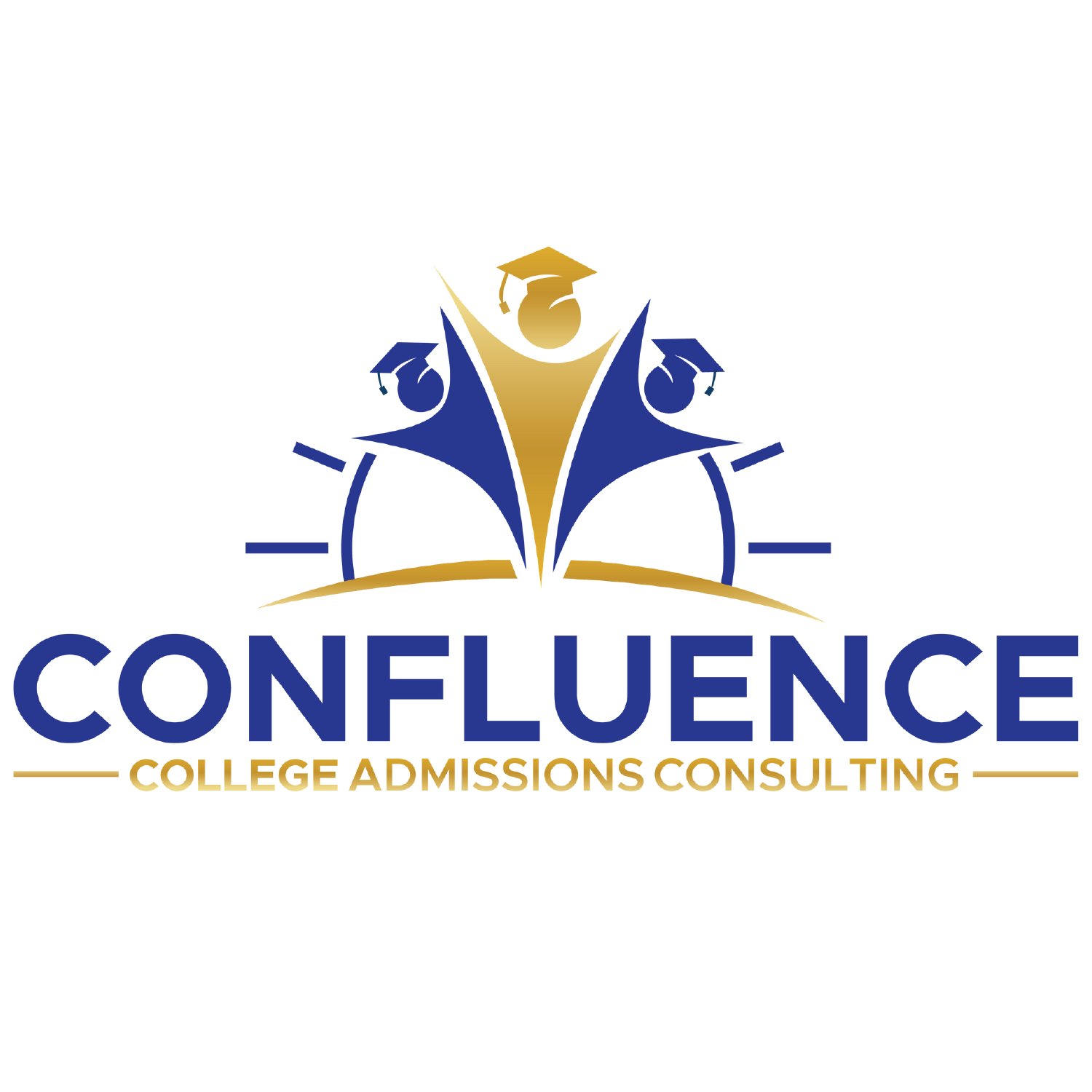It’s not you, it’s them
When I work with clients who are interested in applying to selective colleges, I encourage them to increase their chances of admission by studying hard in rigorous courses, participating in activities they feel passionate about, working to be helpful to others they care about, studying for and excelling at their standardized tests, and spending time preparing good applications.
We're now at the point in college admission season when students in the regular admission pool are hearing back from Ivy League and other selective colleges and universities. If you're one of these students, now is a good time to cut yourself a break. You've worked hard. You've done everything you could to tip the odds in your favor.
That said, it's not all about you. In fact, and this may seem counterintuitive, but it's mostly not about you. It's about the colleges where you are applying and their institutional priorities. Colleges operate like businesses. They are concerned about putting together a whole freshmen class. Highly selective colleges have many qualified applicants and can fill their classes ten times over with incredibly accomplished, intelligent, kind, deserving students. At universities like Harvard, the majority of applicants have perfect or near-perfect test scores and grades. This is the part of college admissions that many students understandably find baffling, even unfair. The social media culture in which students share their college admissions misadventures further contributes to their sense that college admissions is impenetrably labyrinthine.
For these reasons, I encourage my clients to "fall in like" with multiple schools, set themselves up for success with admissions, and then treat the actual admissions results, including financial aid offers, as information they can use to make a final decision about which school they attend. This way, they can be much more adaptable and resilient when rejection letters (usually emails) arrive. Students who embrace this approach almost always end up very happy at the college where they eventually land.
For more information about college admissions, use the contact form here on my website to schedule your free consultation.
